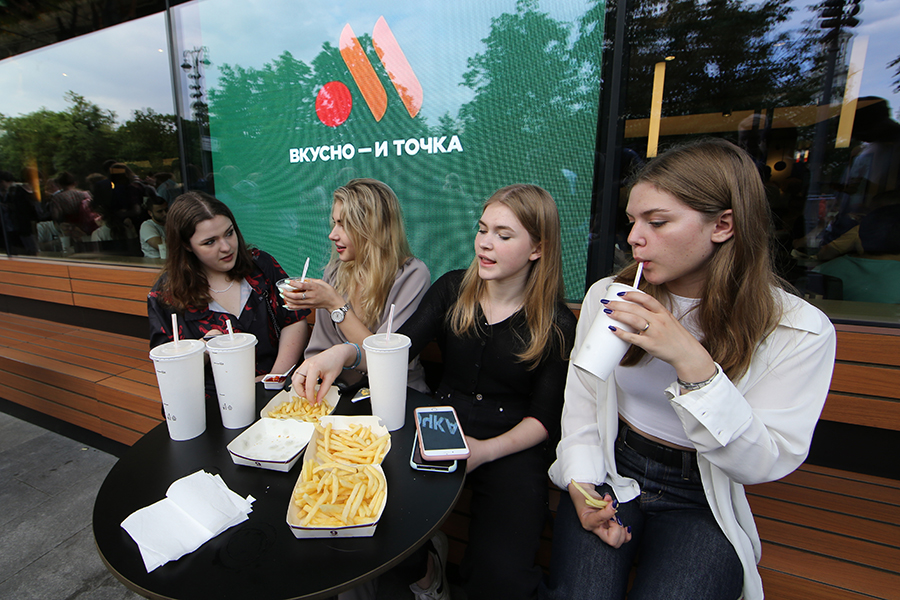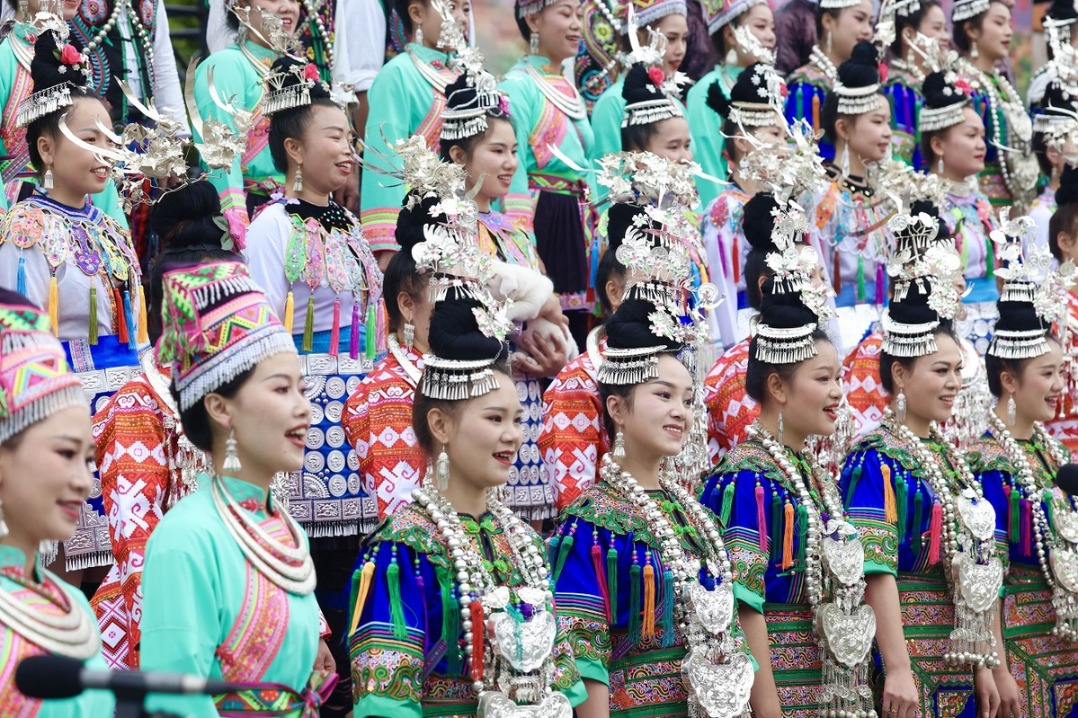Russian lives 'remain stable' amid conflict
By REN QI in Moscow | CHINA DAILY | Updated: 2022-12-24 07:33

Interesting situation
Another interesting situation that has arisen on the Russian market is that of the Swedish furniture retailer Ikea. The brand, which has successfully sold its products in Russia for several years, announced the suspension of operations in Russia in March.
However, in June, Ikea said it would leave and sell most assets in Russia. But at the same time, the management planned to keep the business related to the operations of its mega shopping malls, which continue to open normally in 11 Russian cities.
Several competitors in Russia at once expressed their willingness to buy Ikea assets. In other words, Ikea turned out to be a promising investment for those investors.
Russia's economic landscape has been drastically influenced since Moscow launched its "special military operation" in Ukraine on Feb 24, triggering sweeping Western restrictions on its energy and financial sectors.
Nevertheless, despite initial dire predictions of a double-digit GDP slump, analysts and officials have gradually been improving forecasts as the Russian economy demonstrated better-than-anticipated resilience.
An average forecast by 15 analysts polled in early December suggested that the Russian economy was on track to shrink by 3.0 percent this year, close to the Russian Economy Ministry's expectation of a 2.9 percent drop. A similar poll in early November had predicted a contraction of 3.5 percent.
But the decline will continue at a similar pace in 2023, with analysts now forecasting a 2.5 percent drop. Over time, economists have acknowledged that the contraction is likely to be less sudden, but more prolonged than first expected.
"The downturn is not as big as we all thought at first, but this does not mean that we can go into next year peacefully," Natalia Orlova, Alfa Bank's chief economist, said. "We cannot rule out a deeper contraction next year when compared with 2022, it could be 5-6 percent."
Russian officials continue to remain optimistic. Prime Minister Mikhail Mishustin insists that the sanctions had not disrupted the stability of Russia's financial system or affect macroeconomic stability.
"The applied systemic measures made it possible to stabilize the situation in the economy, support enterprises and entire industries, and save jobs," he said during a government meeting on Nov 29.
In the first nine months of this year, Russia's income turned out to be higher than expected while its debt levels decreased by a quarter, he said.
Russian Economy Minister Maxim Reshetnikov said on Dec 13 that data on investments in fixed assets over the past nine months could signify a positive trend in 2022.
























